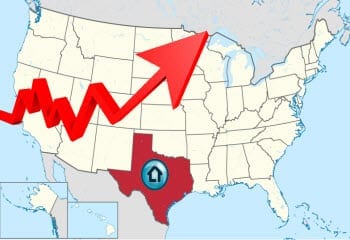Insurer finalizes a settlement for a lawsuit that it has been fighting since 2002
Many Texas residents may receive refunds from Farmers Insurance Group as the company has reached a settlement in a lawsuit from 2002. The lawsuit involves policyholders paying higher premiums for less coverage, and state regulators found that this had been the case after examining many complaints issued against the company. The insurer will be paying $84.4 million per the settlement, which will be issued to policyholders that are eligible for refunds from the company.
State regulators find that Farmers may have engaged in discriminatory practices
The insurance company is being held liable for violating the provisions of the Texas Deceptive Practices Act and the Texas Insurance Code. The company had been accused of charging consumers too much for homeowners insurance coverage and high premiums did not provide consumers with the coverage benefits that they believed they would receive. The insurer is now working to refund the money it collected through these policies, which may be a victory for homeowners as Texas has effectively reduced the overall cost of coverage by 6.8%.
Practices may have had a major impact on the homeowners insurance sector
 The Texas Department of Insurance has accused Farmers Insurance Group of engaging in discriminatory practices, which may have had a significant impact on the homeowners insurance sector. With the settlement, consumers affected by the company’s practices may find some closure and it may provide these consumers with some degree of financial recovery. There is no news concerning how much individual consumers will receive in restitutions, however, and refunds issues are expected to vary based on the homeowners insurance policies that consumers have.
The Texas Department of Insurance has accused Farmers Insurance Group of engaging in discriminatory practices, which may have had a significant impact on the homeowners insurance sector. With the settlement, consumers affected by the company’s practices may find some closure and it may provide these consumers with some degree of financial recovery. There is no news concerning how much individual consumers will receive in restitutions, however, and refunds issues are expected to vary based on the homeowners insurance policies that consumers have.
1.8 million people may be affected by the settlement from Farmers
As many as 1.8 million policyholder are expected to be affected by the settlement. Refund checks are meant to be handled through an administrator that has been appointed by the state. Notices will be issued to consumers who may be eligible for refunds within the next 60 days. Those that are eligible for refunds will have to work with the state in order to receive their refund checks.
